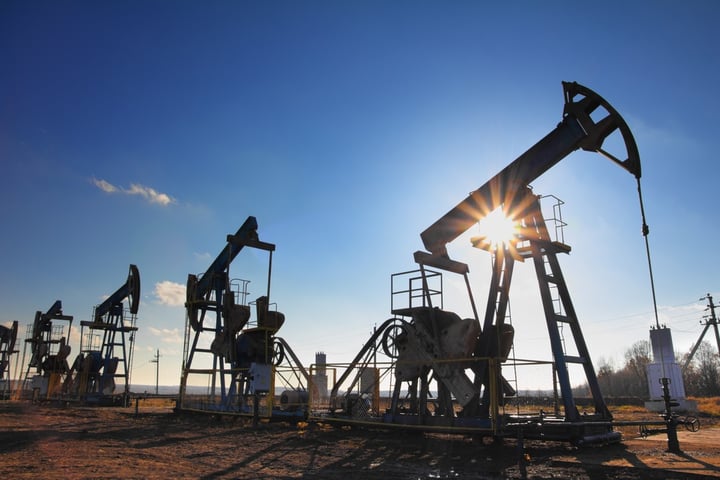
As a landman, it’s your professional responsibility to be as knowledgeable about your craft as possible. Landowners rely on you to interpret their mineral deeds, identify legal problems, and develop appropriate solutions. Most property owners who hold mineral rights are not experts in local oil and gas laws. It’s a landman’s job to know these laws inside and out so he or she can offer trustworthy advice in the buying and selling of minerals. Certified landmen are a cut above ordinary, everyday landmen. Find out all the reasons you should start your journey toward certification.
Boost Your Professional Credibility
As a Registered Landman (RL), you hold the most basic form of certification. This is an important qualification and marks the landman as someone beginning the journey toward furthering his or her education. Landmen who stop at RL level, however, mark themselves as beginners – even if they’ve been in the industry for years.
The RL level identifies you as a legitimate Landman, and for some this certification is enough. Yet many articles and infographics tell mineral rights owners to only work with Certified Professional Landmen (CPL), warning that uncertified landmen are at a “fundamental disadvantage.” These kinds of beliefs encourage Registered Landmen and Registered Professional Landmen (RPL) to take the next step.
CPL have achieved the highest professional designation the energy management industry offers. CPL have demonstrated their competence, proficiency, and professionalism – they are recognized as experts in their field. They are committed to achieving an extensive land management education, bettering themselves and improving their abilities to help their clients. CPL have significant experience in their field and an impressive education. These are the landmen mineral owners want to work with.
RL and RPL can listen to mineral owners and discuss issues, but that’s where their extent of reach ends. CPL, on the other hand, can identify problems in mineral deeds and recommend legal remedies. Mineral owners who are confused about their rights, have in-depth questions about mineral deeds, or don’t understand the process look to CPL to solve their problems. They don’t want less experienced and assumedly less knowledgeable RL and RPL. Landmen who want the professional recognition they deserve in the field need to pursue professional certification.
Unlock Limitless Job Potential
In the oil and gas industry, there are many high-wage, high-demand job positions available only to CPL. Even if two applicants have the same experience and education, the landman who has taken the time and extra effort to achieve certification will likely get the job over the one who has chosen to remain an RL or RPL. Becoming certified is a great time and resource investment, but it’s one that pays off handsomely with career advancements and more competitive job salaries and benefits.
When a landman has what it takes to become certified but chooses to remain simply registered, he or she is throwing away potential. Certification isn’t a walk in the park – it takes years of schooling, experience, sponsorship, and passing an examination. However, the title of CPL is a coveted one that will open the doors to previously out-of-reach careers and opportunities. Being a CPL also gives you a better chance of retaining your job if the industry hits a rut and companies downsize.
As a CPL, your future in the oil and gas industry is sealed. You’ve reached the highest echelon according to the American Association of Petroleum Landmen (AAPL), and you can use your impressive title as a symbol of your credibility and prowess. Becoming a CPL proves your commitment to the landman industry, marks you as a master of your craft, and is an achievement no one can take away from you. At the end of the day, certification helps you become a better all-around landman.





















